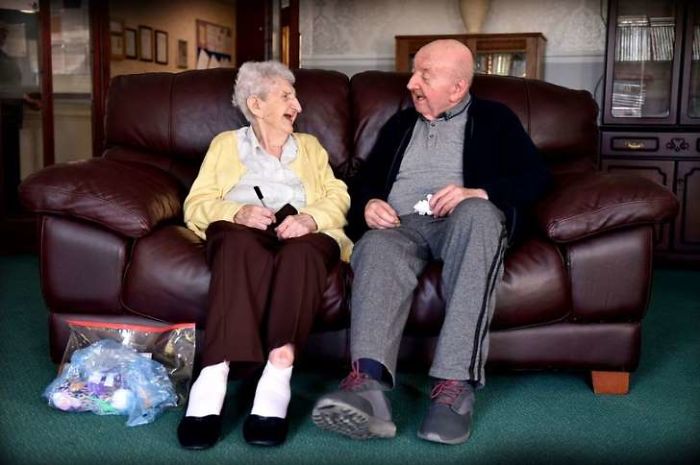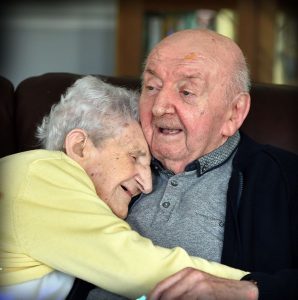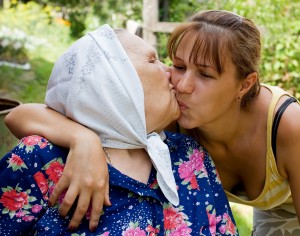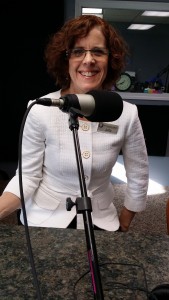Loving Your Parent With Dementia
When your parent has dementia and is increasingly confused, it can be hard to remember the person they were before the disease took over. Your parent may be ‘different’ than the person you have always known, but they still long for connection and companionship. Nurturing is a crucial part of what makes life worth living for all of us. Connecting with others is at the core of our humanity and it remains the same when a person has dementia.
It’s important to keep in mind that Dementia:
- Is NOT something your parent can control
- Is NOT a mental illness
- Is NOT always the same for every person
- It’s vital to remember that someone suffering from Dementia is an adult and needs to be treated as one
Dementia takes away the Roles and Responsibilities that always made us WHO we are. If we honor our loved one’s wishes and help them to live a lifestyle as close to the one they had before they got sick, it will bring them a lot of comfort and reassurance.
The way we treat them and the activities we choose can both have a significant impact on making life easier for all.
Avoid taking on a parental tone
- Choose your words carefully. Always refer to undergarments as underwear-don’t call them diapers.
- Use an apron if they need to protect their clothing while eating and don’t refer to it as a ‘bib.’
- Avoid using the word ‘potty’ when you can just as easily ask if they need to use the bathroom.
That Little White Lie Can be Therapeutic
We often feel guilty when we lie to a loved one, but often we can relieve that guilt by using “Therapeutic fibbing.” The Alzheimer’s Association refers to a therapeutic fib as a “fiblet.”
People with dementia can struggle with logic, rational thought, and emotional control. Therapeutic lies or fiblets may be appropriate when telling the truth might cause confusion, stress or anxiety, especially if our parent is experiencing life in a different “time zone.”
Let’s say your parent wants to drive to the market, but you believe he’s no longer a safe driver. Rather than saying he’s no longer safe to drive, say the car is in the shop for repair, you’ve misplaced your keys or offer to drive to the store, since you need to go out anyway.
We can remember to use the fiblet if we remember why we are using it. Keeping the conversations pleasant is the objective. Why? Your parent may not remember the details of the last conversation they had with you (regardless of how recent it was, even minutes), but they do remember the emotion of that conversation. They remember if it was pleasant. They remember if it wasn’t pleasant. The memory of the emotion is in a different portion of the brain (amygdala) than the memory of the facts; and often the amygdala is unaffected by dementia (particularly Alzheimer’s form of dementia).
We hope these tips help you care for and understand your parent with dementia.







